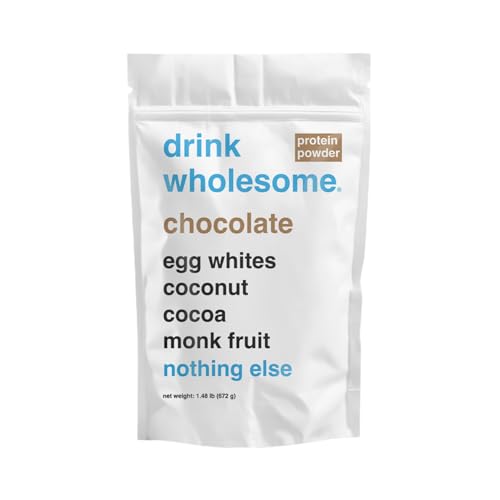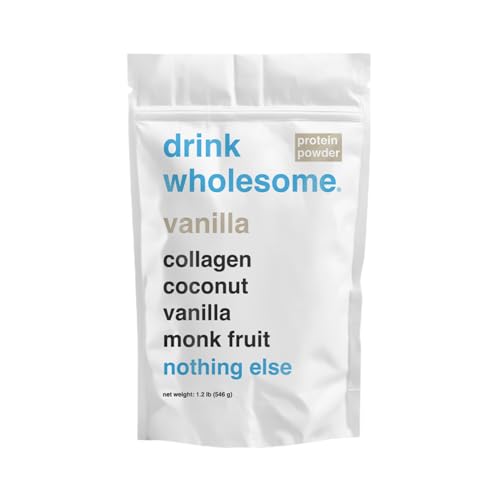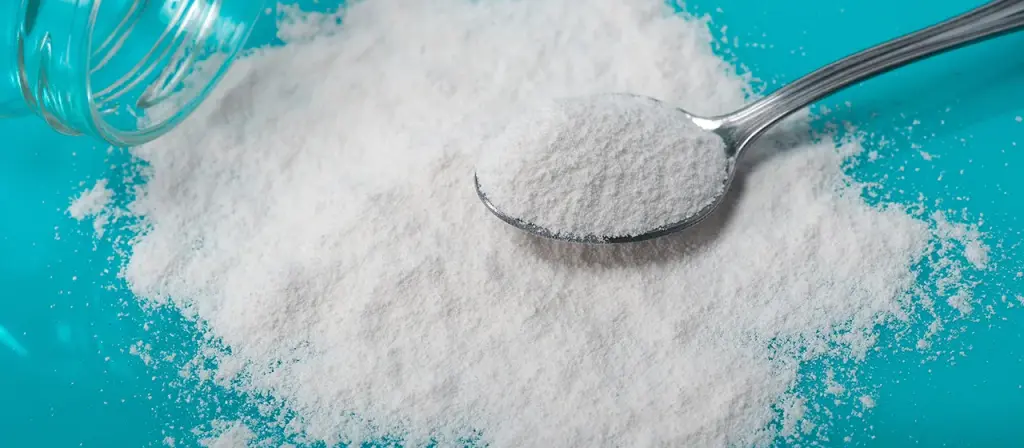If you’re reaching for a protein shake to support your fitness goals or maintain a healthy lifestyle, you might be unknowingly consuming an ingredient that’s doing more harm than good. Many protein powders contain a hidden culprit called maltodextrin, often listed as the first ingredient on the label. This cheap filler, derived from processed corn, can wreak havoc on your health, spiking blood sugar levels, fueling cravings, and damaging gut health. Let’s uncover why maltodextrin in protein powders is a bigger concern than sugar itself and how it impacts your body.
What Is Maltodextrin and Why Is It in Protein Powders?
Maltodextrin is a highly processed carbohydrate made from dent corn—a variety not intended for direct human consumption. It’s created through a series of industrial processes involving acids, heat, and pressure, resulting in a white, odorless powder with no nutritional value. Often used as a filler in ultra-processed foods, maltodextrin is added to many protein powders and mass gainer supplements to bulk up the product cheaply and improve texture.
According to Healthline, maltodextrin is technically classified as a complex carbohydrate, but it behaves like simple sugar in the body, leading to rapid blood sugar spikes. Its pervasive use in processed products, including protein powders, makes it a sneaky ingredient that many health-conscious individuals overlook.
Blood Sugar Spikes and Insulin Resistance
One of the most alarming effects of maltodextrin is its ability to cause significant blood sugar spikes. On the glycemic index, a measure of how quickly a food raises blood glucose levels, maltodextrin scores between 105 and 185—far higher than table sugar (65) or even pure glucose (100). This means it can send your blood sugar soaring faster and higher than most sweeteners, as noted by WebMD.
Frequent consumption of maltodextrin-laden products can contribute to insulin resistance over time. When your blood sugar spikes repeatedly, your body struggles to manage insulin effectively, leading to potential fat storage, reduced energy, and even stalled muscle growth. For fitness enthusiasts using protein powders to build strength, this is a counterproductive cycle that undermines their efforts.
Gut Health Under Attack: Inflammation and Bloating
Beyond blood sugar issues, maltodextrin poses a serious threat to gut health. Research published on PMC suggests that maltodextrin may disrupt the balance of gut bacteria, promoting inflammation and conditions like bloating or discomfort. For those prioritizing digestive wellness, consuming protein powders with this ingredient can sabotage efforts to maintain a healthy gut microbiome.
Symptoms like acne, bloating, and even irritability or anxiety have been anecdotally linked to poor gut health triggered by processed ingredients like maltodextrin. If your post-workout shake leaves you feeling off, this hidden additive might be the reason.
Sugar Addiction and Nutrient Depletion
Maltodextrin doesn’t just impact your physical health; it can also affect your brain. By stimulating dopamine, the brain’s reward neurotransmitter, it can fuel sugar addiction, making you crave more sweets and processed foods. This addictive quality, combined with its high presence in mass gainer supplements (sometimes up to 253 grams per serving), creates a vicious cycle of consumption and cravings.
Moreover, metabolizing large amounts of refined carbohydrates like maltodextrin can lead to nutrient depletion. As your body works overtime to process these empty calories, it uses up essential nutrients like vitamin B1, leaving you deficient while trying to support goals like muscle growth. As MDVIP warns, regularly consuming maltodextrin-heavy products can deplete your body’s resources without providing any real nutritional benefit.
Clean Eating and Muscle Growth
If your goal is muscle growth or overall wellness, maltodextrin in protein powders isn’t the answer. Building strength and maintaining health require quality protein, consistent exercise, and proper nutrition—not cheap fillers that mimic sugar’s worst effects. Embracing clean eating by choosing products free of ultra-processed additives like maltodextrin can help you avoid the pitfalls of blood sugar crashes, gut inflammation, and insulin resistance.
Look for protein powders with minimal, recognizable ingredients, and steer clear of mass gainer supplements packed with maltodextrin. Opt for whole food sources or high-quality supplements to fuel your body without the hidden dangers.

drink wholesome Chocolate Egg White Protein Powder for Sensitive Stomachs | Minimally-Processed, Whole-Food Protein | Additive-Free, Dairy-Free, Gluten-Free | Low FODMAP
FOR SENSITIVE STOMACHS: Drink Wholesome Chocolate Egg White Protein Powder is made for sensitive stomachs. It's an easy-to-digest protein powder for people with stomach issues.
WHOLE-FOOD INGREDIENTS: Our minimally-processed protein powder is made from a short list of whole-foods. There are no artificial sweeteners, gums, or ultra-processed food additives.
GLUTEN AND DAIRY-FREE: This is a gluten-free and dairy-free protein powder suitable for lactose intolerance.
LOW FODMAP: Our low FODMAP protein powder is free from high FODMAP triggers like inulin, sugar alcohols, and whey.
NO UPSET STOMACH: This gut-friendly protein powder doesn't cause bloating, constipation, diarrhea, or gas. If you're sick of protein supplements that upset your stomach, give it a try.

drink wholesome Vanilla Collagen Protein Powder for Sensitive Stomachs | Minimally-Processed, Whole-Food Protein | Additive-Free, Dairy-Free, Gluten-Free | Low FODMAP
FOR SENSITIVE STOMACHS: Drink Wholesome Vanilla Collagen Protein Powder is made for sensitive stomachs. It's an easy-to-digest protein powder for people with stomach issues.
WHOLE-FOOD INGREDIENTS: Our minimally-processed protein powder is made from a short list of whole-foods. There are no artificial sweeteners, gums, or ultra-processed food additives.
GLUTEN AND DAIRY-FREE: This is a gluten-free and dairy-free protein powder suitable for lactose intolerance.
LOW FODMAP: Our low FODMAP protein powder is free from high FODMAP triggers like inulin, sugar alcohols, and whey.
NO UPSET STOMACH: This gut-friendly protein powder doesn't cause bloating, constipation, diarrhea, or gas. If you're sick of protein supplements that upset your stomach, give it a try.
Conclusion: Take Control of Your Health by Avoiding Maltodextrin
Maltodextrin may be a common ingredient in protein powders, but its effects on blood sugar spikes, gut health, and overall wellness make it a risky choice for health-minded individuals. From contributing to insulin resistance and sugar addiction to causing nutrient depletion and inflammation, this processed filler undermines the very goals many of us pursue through fitness and nutrition. By prioritizing clean eating and scrutinizing labels, you can protect your health and focus on true muscle growth without the harmful side effects. Next time you grab a protein shake, check the ingredients—your body will thank you.
